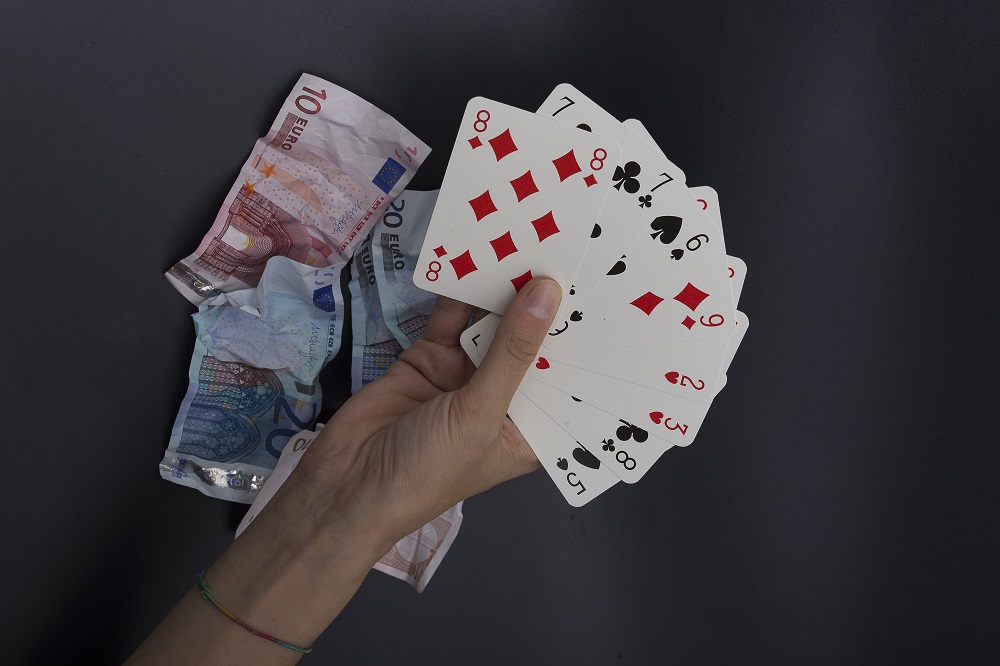The symptoms of a gambling addiction are often similar to signs of other addictions.
The gambler…
- cannot stop anymore
- feels the need to gamble “just one more time”
- feels anxious when he/she thinks about quitting
- becomes secretive over money
- lies to family and friends about his/her gambling habits
- gambles when he/she cannot afford to
- becomes increasingly desperate for money to fund the gambling
There are lots of reasons that may contribute to a gambling addiction, e.g. money problems, the desire to experience thrills, the entertaining atmosphere of the gambling scene, etc. Quite a few gamblers suffer from substance abuse problems, such as alcohol, depression, personality disorders, or ADHD (attention-deficit/hyperactivity disorder). Some people might be more at risk than others, e.g. people with addiction problems in the family, workaholics, people that are easily bored or highly competitive.
Once the addiction takes hold, it’s difficult for the gamblers to break the vicious circle: After they, for example, have lost lots of money, they desperately want to win back their losses. When they finally win, they often go on gambling to win more because the sum is rarely enough to cover what have already lost. Most affected people never even come close to breaking even.
Excessive gambling frequently causes a variety of emotional symptoms, e.g. depression, anxiety, suicidal thoughts, and, in the worst case, suicide because losing everything (including family and friends) to gambling leaves many people without hope. Anxiety and depression sometimes result in sleep deprivation with pale skin, acne, dark circles under the eyes, weight loss or weight gain.
Gambling addiction often leads to other addictions, such as alcohol and drugs that are supposed to alleviate the anxiety brought on by gambling. Even if a gambler never loses all his money during gambling, he/she might struggle with other addictions for the rest of the life. It‘s not seldom that relationships and families are destroyed due to gambling.
Although not easy at times, quitting gambling is possible with the help of professionals as well as supportive friends and family. But it’s essential that the affected people first admit they have a gambling problem. It doesn’t make any sense if employer or family persuades them to find help. Treatment only works if the addicted person knows she/he has a problem and wants to quit her/himself. Treating compulsive gambling might help regain a sense of control, heal broken relationships and save the remaining money.
There are three approaches to treat the addiction:
- Psychological treatment: Behavior therapy teaches skills to reduce the desire to gamble. Cognitive behavioral therapy identifies unhealthy, irrational beliefs and replaces them with healthy, positive ones.
- Medications: Antidepressants and mood stabilizers might treat problems that often go along with gambling addiction, e.g. depression or obsessive-compulsive disorder. Narcotic antagonists, which are used to treat substance abuse, often help treat gambling disorders as well.
- Self-help groups: Gamblers Anonymous, etc. help quit the addiction.
Relapses are not unusual, especially if the affected person spends time with other gamblers. He/she should contact the doctor immediately to avoid a full-blown relapse.
Preventive measures
If a person is in danger of becoming addicted to gambling, he/she should avoid the gambling scene and get treatment at the earliest sign of a problem. Only in this way, the gambling disorder cannot become worse.

